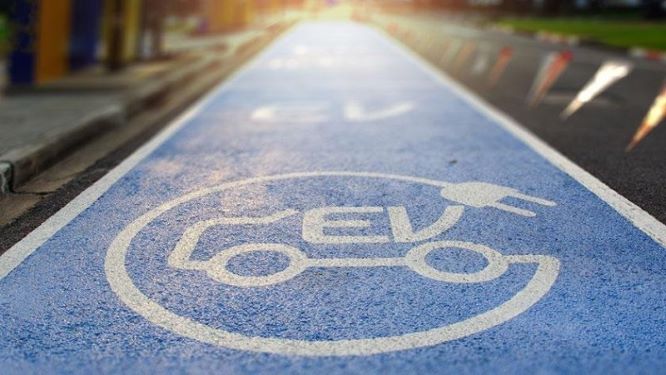It’s Becoming Easier to Go For An EV . Road Tax Exemption and Possible GST reduction
 The road to Greener Transportation
The road to Greener Transportation
The road just got smoother for EV vehicles, with the latest notification issued by the Ministry of Road, Transport and Highway led by Union Minister Nitin Gadkari on Tuesday. Now all electric vehicles are exempted from paying road tax for vehicle registration.
The exemption of road tax will apply to all categories of vehicles — two-wheelers, three-wheelers and four-wheelers sold in India. There will be no renewal fees for existing vehicles, while new ones won’t have to pay fees.
Coming as it does after a fresh start of discussions initiated by the Niti Aayog on going all electric by 2030, much before the legacy auto sector is prepared for, and making two wheelers electric by 2023 itself, the move will no doubt encourage EV makers, who were complaining about the narrowing of subsidies only for commercial EV’s. This, plus another plan to lower the GST on EV’s to 5%, could add up to narrowing the gap between fossil fuel powered and EV vehicles significantly. In fact, to a level where the more conscientous buyers might make the shift immediately or in their next car purchase.
The road tax is a significant cost for new car owners, with the contribution to on road price varying from 4.5% to 12%, depending on the location, cost, and category of buyer. Hence, this exemption is likely to be very significant for EV manufacturers, especially premium EV sellers.
Combined with the huge push for more EV charging stations, with close to 5000 EV charging stations likely to come up in the next two years, it seems safe to say that EV’s will start making a serious dent on auto sales from 2020 onwards in India.
For legacy automakers, protesting the speed of change is the only option left, as even global firms quietly make the shift on their own. Just today, Renault announced its plans to exit diesel in India too, with its newest SUV becoming the first SUV to launch without a diesel variant.




